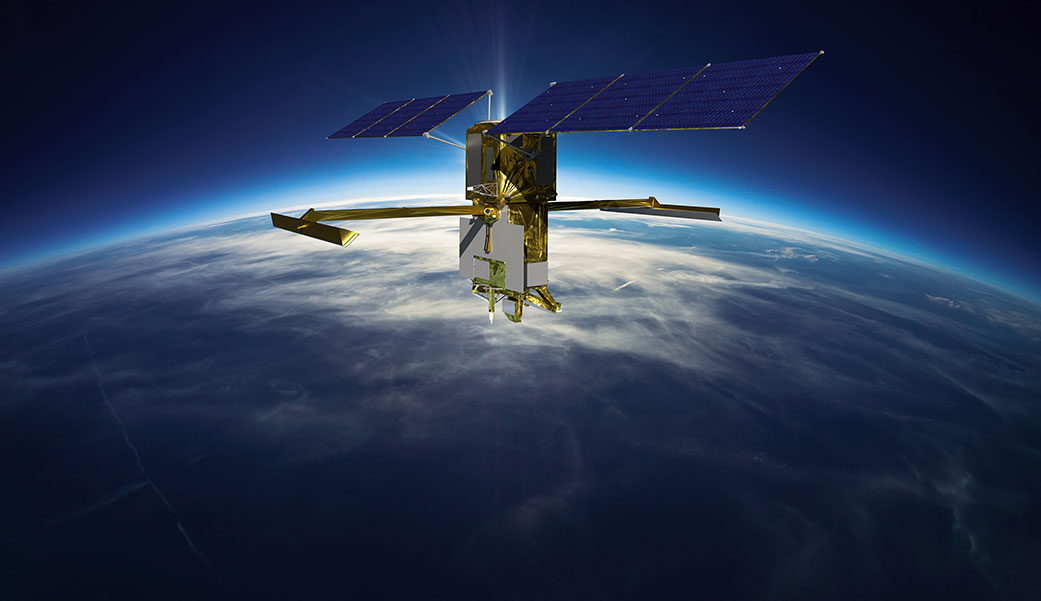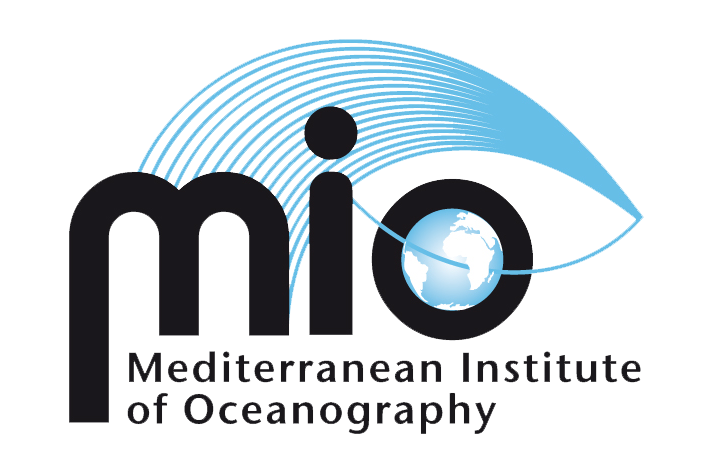The new wave of oceanographers: Louise Rousselet
Interview : Louise Rousselet - Physical oceanographer and SWOT AdAC science officer
Louise Rousselet did her PhD at the Mediterranean Institute of Oceanology (MIO, University of Aix-Marseille), then a post-doc at Scripps Institution of Oceanography (SIO, University of California San Diego UCSD) and is now at LOCEAN-IPSL. Louise is the science officer of SWOT AdAC and will take part in the BioSWOT-Med campaign.
Louise Rousselet : I study ocean circulation from large to small scales to better understand global heat and salt transport and exchange between large ocean basins. I am also interested in the influence of currents (and of physics more globally) on the distribution of biogeochemical and biological elements, particularly to understand how fine-scale structures (fronts, eddies) can structure and influence phytoplankton dynamics (horizontal and vertical distribution, growth rates…). For this I use data from global numerical models, in situ observations, and satellite measurements that I analyze using Lagrangian tools (numerical particle trajectories). This research theme is of particular interest to me because it allows me to make the link among the major fields of oceanography (physics/biogeochemistry/biology) and to understand the ocean as a complex interconnected system. Indeed, understanding the physical environment in which phytoplankton species evolve can explain certain behaviors and patterns.
SWOT AdAC : What is the connection between your research area and SWOT?
Louise Rousselet : The SWOT mission is going to measure finescale structures from space. It’s going to give me access to higher resolution, global scale data. This will allow me to better understand how fine-scale structures influence biology on a global scale and not just in scattered regions sampled at high resolution. SWOT will greatly contribute to my research theme by providing high temporal and spatial frequency data. From the high-resolution maps of surface currents, I will be able to derive many Lagrangian diagnostics that detect fine-scale structures in order to better localize them.
SWOT AdAC : What excites you about SWOT?
Louise Rousselet : What excites me about SWOT is the diversity of scientific questions that this mission brings together: from issues related to coastal circulation, to the study of internal and vertical transport.
SWOT AdAC : As a SWOT AdAC science officer, you will work with Consortium members to support their in situ campaigns to compare results from different sites and develop near real-time sampling strategies. But you’ll also be participating in an offshore campaign. What excites you about this campaign and how will you contribute?
Louise Rousselet : I will take part in the BioSWOT-Med campaign, which brings together about thirty scientists from different fields: from cellular and molecular biology to genetics which will be used to understand the observed ecosystem, to chemists and biogeochemists who will evaluate carbon, nitrogen and phosphate balances, not to mention physicists specializing in turbulence and vertical velocity measurements. This multidisciplinary induces a very positive and enriching dynamic for my research work. What is exciting about BIOSWOT-Med is that it is a campaign specifically designed for the study of physical-biological coupling at fine-scale. Thus, all aspects and measurements of the campaign will bring new light to the questions of the influence of fines-scales on biology. For this campaign I am part of the “physical” team responsible for the sampling strategy and physical measurements to characterize the study area. In particular, I am responsible for the implementation of the SPASSO software (Software Package for an Adaptive Satellite-based Sampling for Oceanographic cruises) which provides daily maps of satellite data and Lagrangian diagnostics that allow to guide in real time the campaign in a region of interest through the analysis of environmental parameters detected by satellite. On board the oceanographic vessel I will also be responsible for the physical sampling (ADCP, MVP).
SWOT AdAC : What are your plans after the campaign?
Louise Rousselet : After the BIOSWOT-Med campaign (and all the other SWOT-AdAC campaigns) I will most certainly take some time off! The SWOT fast sampling period is going to be very busy, helping to prepare all SWOT AdAC campaigns but also supporting BIOSWOT-Med. Once the campaigns are over, I will be able to focus more on the scientific part. I will participate in the analysis of the measured data (physical data). I would also like to link the observations collected on the different cross-over regions of the SWOT satellite in order to provide a global picture of the fines-scales observed almost simultaneously during SWOT fast-sampling phase. This work could provide a better understanding of the variability of fines-scales at the global ocean scale.
BLOG : BioSWOT-Med Blog


